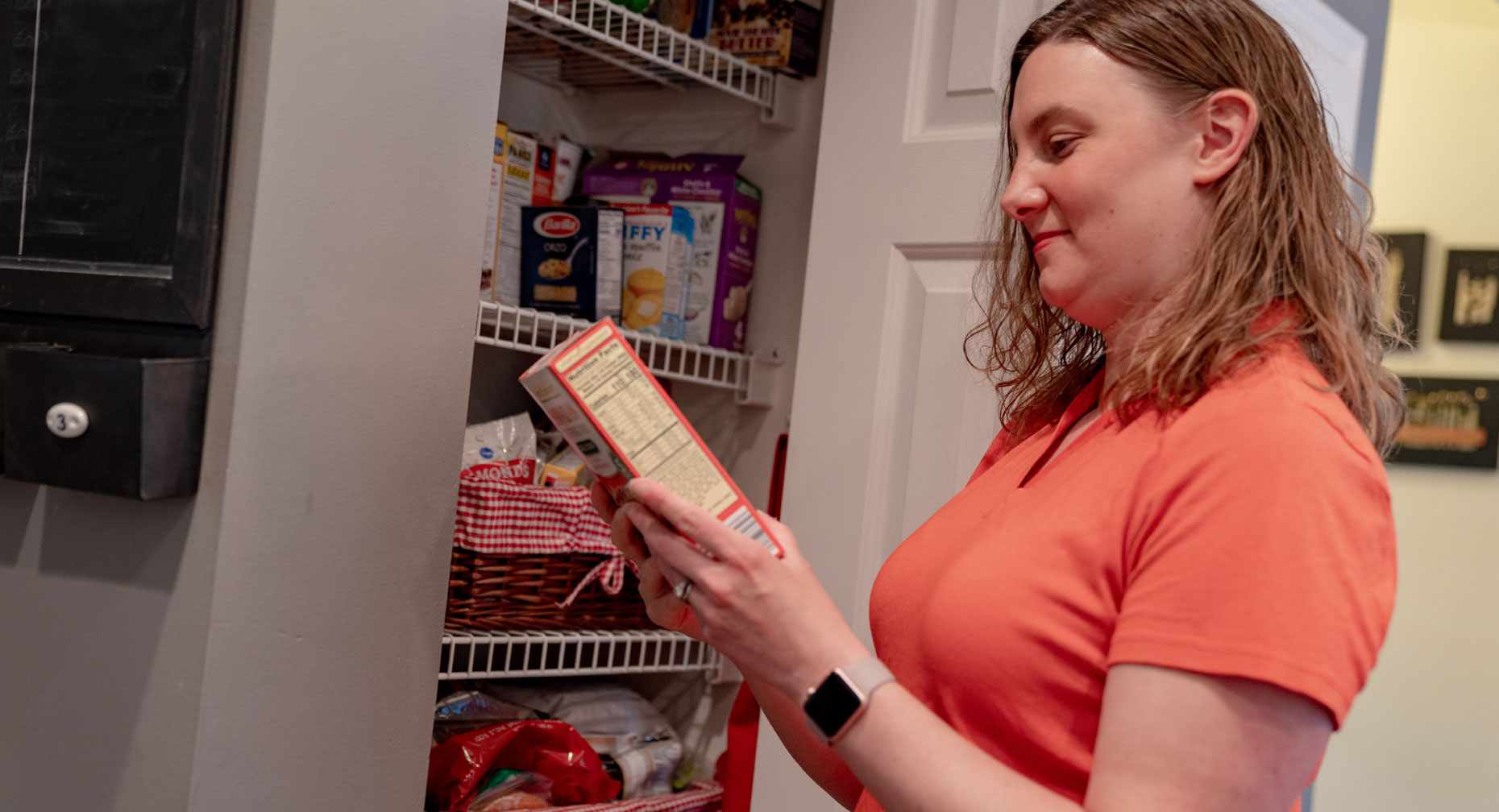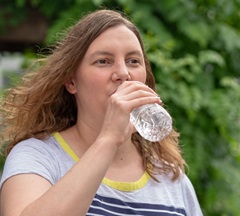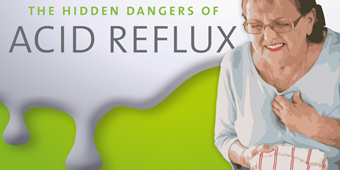‘Comfort Food’: Dietary Changes Can Ease Ulcerative Colitis
Answer a few questions and we'll provide you with a list of primary care providers that best fit your needs.

The foods you eat cannot cause ulcerative colitis (UC), however certain foods can trigger and worsen your symptoms, if you have UC.
Dietary changes and good nutrition practices can help you control the symptoms and make living with UC more bearable comfortable.
Like Crohn’s disease, ulcerative colitis is an inflammatory bowel disease (IBD). Unlike Crohn’s, which can affect any part of the gastrointestinal tract, ulcerative colitis targets the colon (large intestine).
UC inflames the innermost lining of your colon. As the disease’s name implies, the inflammation causes ulcers.
What causes UC? One culprit may be an abnormal immune system response that mistakenly attacks the lining of the colon, causing inflammation. Genetics may also play a role. The disease affects people in certain population groups more than others – such as those living in northern climates and people of Jewish descent.
Your health care provider can help you make up for these nutritional deficits by identifying foods to help control your UC symptoms and provide you a well-balanced, nutritious diet.
The Nutritional Impact of UC
Changes in diet and nutrition are one part of a multifaceted approach for treating ulcerative colitis and other IBD conditions. Your doctor also will likely prescribe medication. In more severe cases, surgery may be needed, to repair or remove damaged portions of the colon.
Malnutrition, dehydration, and weight loss are major health risks of UC. When the colon becomes inflamed and ulcerated, it’s less able to absorb fluids and nutrients needed to help sustain your body.
Diarrhea, a symptom of UC, also increases loss of fluids and nutrients, such as sodium, potassium, magnesium, phosphorus, and zinc.
In severe cases, people with UC may need IV fluids to replace these lost nutrients and fluids.
Other UC symptoms, such as abdominal pain and nausea, can further rob you of nutrition as they reduce your appetite, so you consume fewer calories and nutrients.
 Nutrition’s Role in Treating UC
Nutrition’s Role in Treating UC
Your health care provider can help you make up for these nutritional deficits by identifying foods to help control your UC symptoms and provide you a well-balanced, nutritious diet.
Certain foods or beverages may irritate your digestive tract and trigger flare ups of UC symptoms. Your health care provider will help you identify these foods, so you can avoid them – and identify substitute foods that provide the same nutrients, without flare ups.
Foods more likely to trigger UC symptoms include:
Plant foods that contain insoluble fiber, such as fruits with skin or seeds; raw green vegetables, especially cruciferous vegetables, such as broccoli or cauliflower; whole nuts or whole grains; and anything with a peel
Lactose, a sugar in dairy products, such as milk, cream, and soft cheeses
Sugary foods such as pastries and juices
Non-absorbable sugars: sugar alcohols (sorbitol, mannitol) found in sugar-free gum, candy, ice cream, and certain types of fruits/juices such as pear, peach, and prune
High-fat foods, including fried or greasy foods, butter, coconut, margarine, and cream
Alcohol
Caffeinated drinks
Spicy foods
Recommended foods for UC include:
Refined grains, such as sourdough, potato, or gluten-free bread, white pasta, white rice, and oatmeal
Low-fiber fruits, such as cantaloupe, bananas, honeydew melon, and cooked fruits
Fully cooked, seedless, skinless, non-cruciferous vegetables, such as asparagus tips, cucumbers, and squash
Lean sources of protein, such as fish, white poultry, lean pork, soy, eggs, and firm tofu
Lactose-free dairy, such as lactose-free milk, yogurt, and hard cheese (cheddar, parmesan)
Your health care provider may also recommend:
Keeping a food diary to help identify foods that trigger symptoms
Eating small, more frequent meals
Drinking more unsweetened, uncarbonated, decaffeinated liquids
Nutritional supplements if you are not absorbing enough nutrients
Special diets, based on your condition and medications, such as high-calorie diet, lactose-free diet, low-fat diet, low-fiber diet, and low-salt diet
Answer a few questions and we'll provide you with a list of primary care providers that best fit your needs.
Source: Crohn’s & Colitis Foundation; National Institute of Diabetes and Digestive and Kidney Disease; ChronsandColitis.com




